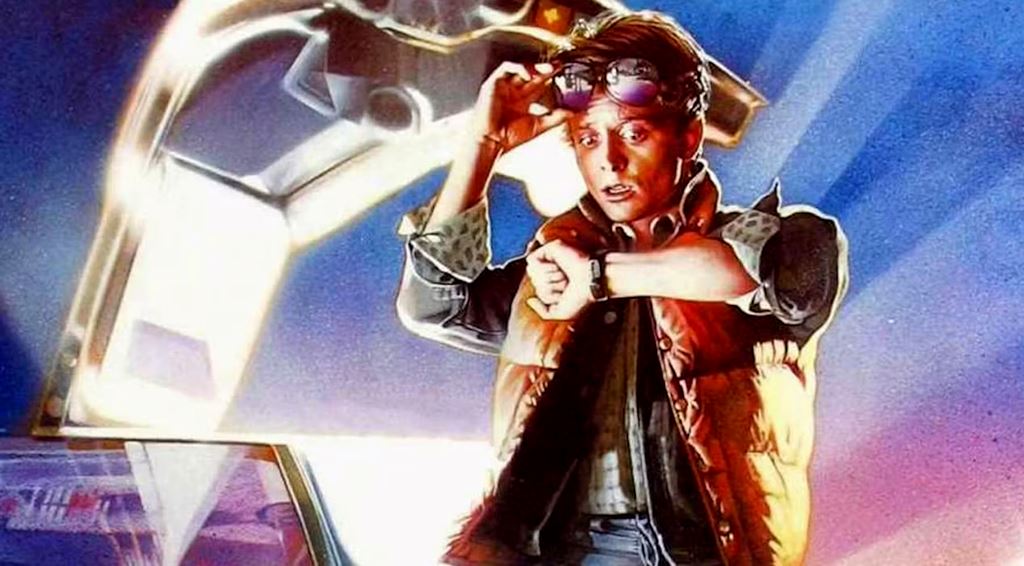
A few years ago I was running a book launch in a basement. On this occasion, people had to buy the books and so the promoter gave me a Square terminal to take card payments. So far, so good … except there was no signal in the basement. No Wi-Fi, no 5G, no nothing, no sales. Great idea.
It brought home to me the challenge of digital payments and banking when there is no digital access. Going further than this is when you have no digital access full stop. That’s the concern of some payments people today, especially after reading LINK’s* latest report on cash usage in Britain.
The main headline of the report is that people no longer use cash … as much. Only 7% of people surveyed** have cash in their pocket and more than half no longer carry a wallet.
The report, titled Tapping into Trouble? The UK’s Growing Digital Payment Dependency, indicated that people aged 45-plus have a preference for physical debit cards, while people aged 18 to 44 were more likely to favour digital wallets. You can download it here.
The thing that is interesting for me is that, being just over 45 😂, I prefer a digital wallet but, in that process, always keep cards just in case and rarely have any cash in my pocket. Cash is redundant.
The challenge in this process, as the LINK report highlights (as they want us to stay cash dependent and use their ATMs more), is that we may be sleepwalking into a nightmare where digital does not work, as I blogged the other day.
When digital does not work, you need a backup. It could be the physical card or cash, but it’s physical and that’s the point. As a seasoned traveller, I always have physical backups to my digital services. Flight tickets, take a paper copy; pay with wallet, but have dollars in my case; walking naked, make sure I have clothes. You get the idea.
Anyways, here is the forward to the LINK report, in case you don’t have time:
We’ve gone from relying on cash, cards, and cheques - with Chip-and-PIN and contactless added along the way - to a landscape where digital wallets and QR codes are everyday options. The old saying “cash is king” may still hold true for some, but today, it’s convenience that wears the crown.
Thanks to growing choice and retailer acceptance, fewer than half of us now leave home with a wallet or purse, something unimaginable just a decade ago. Back then, digital systems were clunky, slow, and unfamiliar. Paying by card, let alone with a smartphone, for a round of drinks or a bus fare felt strange or even frowned upon.
Now, digital is the default. Card payments overtook cash in popularity back in 2018, and today, digital wallets on smartphones and smartwatches are the go-to for Gen Z and Millennials. While older generations may still prefer cards, the gap isn’t as wide as you might think.
Cash, though, still has a major role. Despite ATM use declining, £80 billion was withdrawn in 2024 - about £1,250 per UK adult. It remains a trusted way to budget, and as our research on digital inclusion showed last year, nearly a quarter of people feel digitally excluded, especially when it comes to payments and banking. That’s why cash continues to be the most trusted payment method.
As LINK marks its 40th anniversary, it’s fitting that 1985’s biggest film was Back to the Future - a story about exciting tech that sometimes went wrong.
Today, we’re more digitally reliant than ever. But what happens if systems go down for a sustained period? Recent power outages in Portugal and Spain exposed real vulnerabilities, while cyber-attacks on retailers’ payments platforms continue to make headlines.
Our research shows that digital reliance comes with risk. Two-thirds of people have faced some form of disruption, with a third caused by payment system outages. Yet many no longer carry cash or keep any at home. So far, the UK has been lucky, but there is enough evidence to suggest that things do occasionally go wrong.
LINK’s position is clear: we’re not resisting the digital tide. Our mission is to protect access to cash for as long as people need it, while supporting efforts to expand digital inclusion. What matters most is helping people understand how to protect themselves.
The Emmett Brown of today might say, “Wallets? Where we’re going, we don’t need wallets.” And maybe one day, the physical wallet will be a relic. But when things go wrong, it’s reassuring to know you’ve still got one.
* LINK is the operator of the UK’s ATM network
Chris M Skinner
Chris Skinner is best known as an independent commentator on the financial markets through his blog, TheFinanser.com, as author of the bestselling book Digital Bank, and Chair of the European networking forum the Financial Services Club. He has been voted one of the most influential people in banking by The Financial Brand (as well as one of the best blogs), a FinTech Titan (Next Bank), one of the Fintech Leaders you need to follow (City AM, Deluxe and Jax Finance), as well as one of the Top 40 most influential people in financial technology by the Wall Street Journal's Financial News. To learn more click here...

